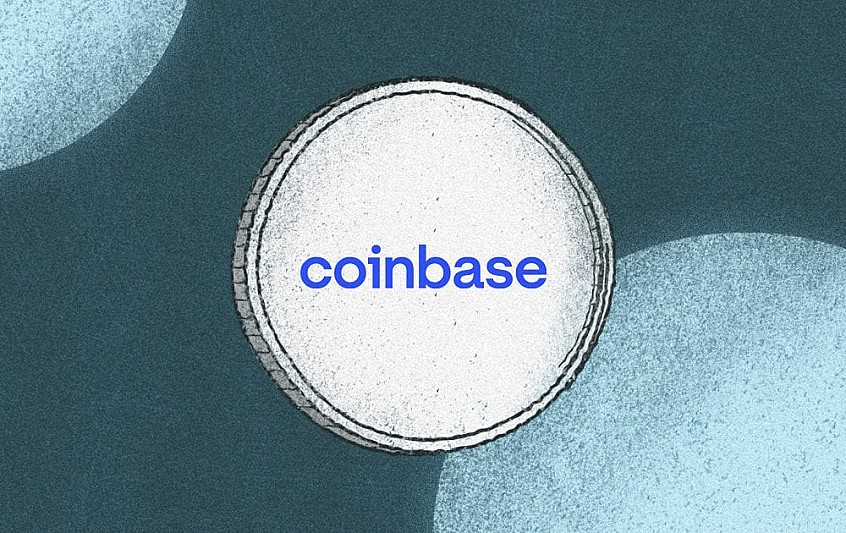Coinbase Refutes Allegations of Campaign Finance Misconduct
03.08.2024 13:00 1 min. read Alexander Stefanov
Crypto exchange Coinbase has dismissed allegations that it violated campaign finance regulations.
On July 30, crypto analyst Molly White claimed that Coinbase’s $25 million donation to the crypto-oriented PAC Fairshake might have breached campaign finance laws. She noted the donation was made during Coinbase’s negotiations for a federal contract with the US Marshals Service (USMS), which the company later secured to manage seized digital assets.
White highlighted that federal law bars entities involved in federal contracts from making political contributions to avoid potential conflicts of interest. She asserted that if true, this would be a significant breach, far exceeding previous violations capped at $1 million.
Paul Grewal, Coinbase’s Chief Legal Officer, countered White’s assertions, labeling them as inaccurate. He explained that Coinbase does not qualify as a federal contractor under the specific regulation (11 CFR 115.1) since the USMS is not paying Coinbase with federal funds.
Instead, the payments come from the Assets Forfeiture Fund, which consists of proceeds from confiscated property, not taxpayer money.
Grewal’s statement emphasized that the regulatory definition of a federal contractor involves entities paid with appropriated funds, which is not the case with Coinbase’s arrangement with the USMS.
-
1
UK Regulators Unveil PISCES – A New Era for Private Share Trading
11.06.2025 15:00 2 min. read -
2
Trump Turns 79 With Billions in Crypto and a $45M Parade
14.06.2025 22:00 2 min. read -
3
Polygon Breaks from Decentralization as Sandeep Nailwal Assumes Full Control
11.06.2025 20:00 2 min. read -
4
KuCoin Plants Its Flag in Bangkok With a Licensed Thai Exchange
14.06.2025 13:00 1 min. read -
5
Nvidia CEO Urges UK to Invest in AI Infrastructure or Risk Falling Behind
10.06.2025 9:00 1 min. read
U.S. Bank Advises Clients to Drop These Cryptocurrencies
Anchorage Digital, a federally chartered crypto custody bank, is urging its institutional clients to move away from major stablecoins like USDC, Agora USD (AUSD), and Usual USD (USD0), recommending instead a shift to the Global Dollar (USDG) — a stablecoin issued by Paxos and backed by a consortium that includes Anchorage itself.
Vitalik Buterin Warns Digital ID Projects Could End Pseudonymity
Ethereum co-founder Vitalik Buterin has voiced concerns over the rise of zero-knowledge (ZK) digital identity projects, specifically warning that systems like World — formerly Worldcoin and backed by OpenAI’s Sam Altman — could undermine pseudonymity in the digital world.
What Are the Key Trends in European Consumer Payments for 2024?
A new report by the European Central Bank (ECB) reveals that digital payment methods continue to gain ground across the euro area, though cash remains a vital part of the consumer payment landscape — particularly for small-value transactions and person-to-person (P2P) payments.
History Shows War Panic Selling Hurts Crypto Traders
Geopolitical conflict rattles markets, but history shows panic selling crypto in response is usually the wrong move.
-
1
UK Regulators Unveil PISCES – A New Era for Private Share Trading
11.06.2025 15:00 2 min. read -
2
Trump Turns 79 With Billions in Crypto and a $45M Parade
14.06.2025 22:00 2 min. read -
3
Polygon Breaks from Decentralization as Sandeep Nailwal Assumes Full Control
11.06.2025 20:00 2 min. read -
4
KuCoin Plants Its Flag in Bangkok With a Licensed Thai Exchange
14.06.2025 13:00 1 min. read -
5
Nvidia CEO Urges UK to Invest in AI Infrastructure or Risk Falling Behind
10.06.2025 9:00 1 min. read


